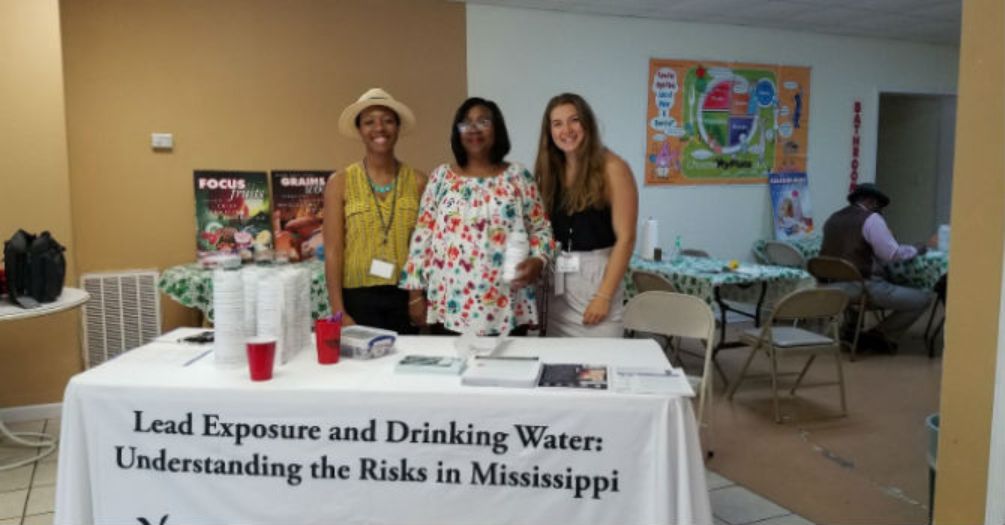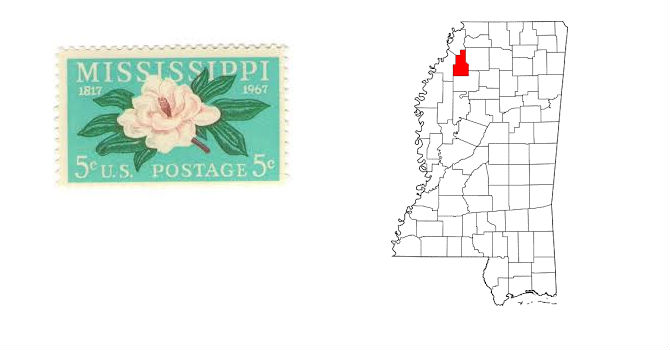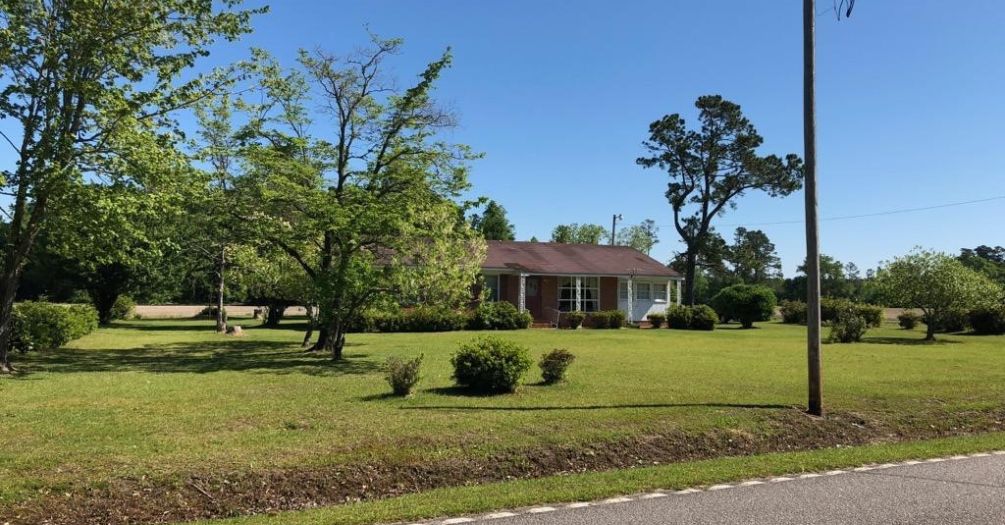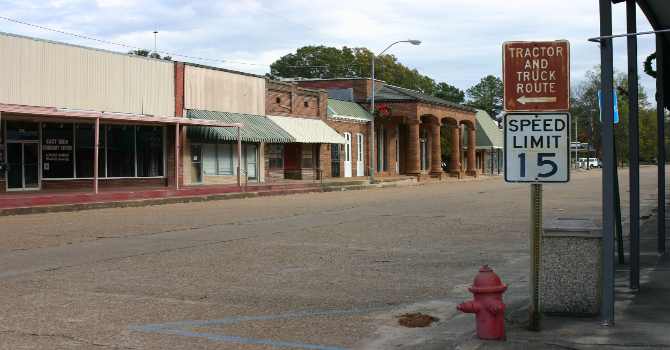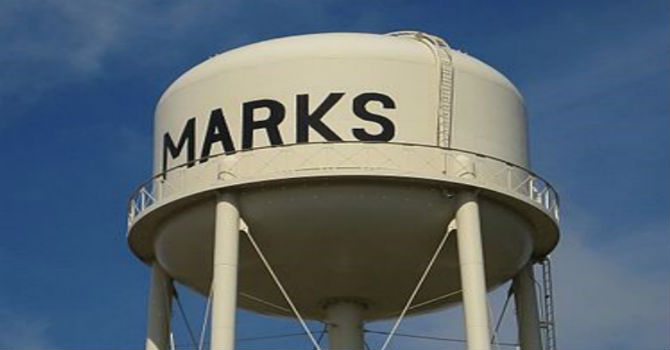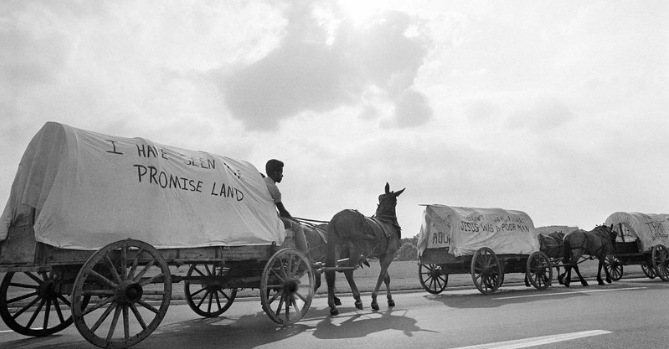You Learn Something New Every Day
Haley Divis, Undergraduate Public Health Student
June 13, 2019, Undergraduate, Lead, Mississippi, Practice, Research, Water Quality
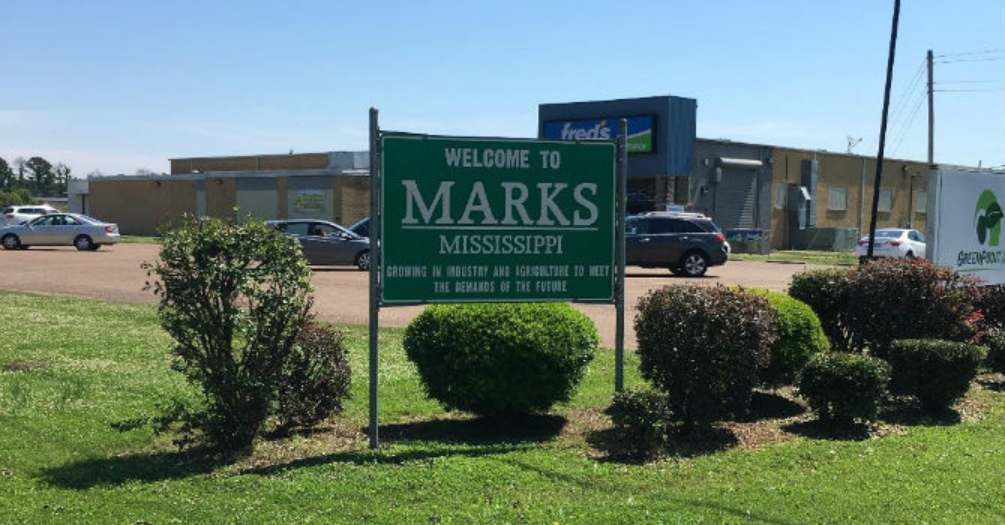
This past week we travelled to rural Mississippi to do some research on lead in drinking water for a small county with a population of a little over 7,000 people. This trip has taught me not only about research methods but also about community work, history in the south, and challenges for rural communities. The research project we did was meant to provide data for the community to use in order to advocate for themselves. In order to collect this data, we canvassed and surveyed at community meetings and tried to get as many people to fill out the survey as possible. After this week, every time I approach a door I instinctively give my pitch about taking a survey, even when I got to my own front door I innately knocked thinking about what my opening line would be… turns out my dad answered with a hug and an “I missed you!” I learned a lot about the challenges of canvassing in a rural community because it’s very hard to predict when people will be home and which blocks will have houses on them. For example, one of the blocks that my partner and I were meant to survey was a handful of businesses instead of houses. Another block was a line of abandoned homes, and even more another groups block was a cemetery; no one was answering doors on that block, that’s for sure. I learned that the organization that goes into community canvassing is extremely important because you still want to keep it randomized but you need to consider the community and people that work, businesses, and the sampling population. In addition to research methods I learned about what it’s like to do community work. Unlike working in an academic setting, community members are concerned about the here and now. When we gave presentations about lead in drinking water, we spoke about the implications it can have and how they can test their water for lead. At one community meeting our presentation was met with questions that emphasized, well what do we do now? Continue to drink the water? This community meeting was not the only time when I was faced with this question. While my partner and I were canvassing a person taking our survey asked the same question. All we could do was give him the tips we learned about using a filter if you have one and trying to drink bottled water and running the tap for a minute before using. Another prominent theme of this trip I noted was the history of racism and how that history lives on and affects people today. Dr. Green gave us a tour of University of Mississippi, and I have never seen such a beautiful campus. All the greenery and flowers were incredible, but the large overbearing statues of confederate heroes cast a shadow as well. Dr. Green explained that they are in the process of adding explanations on a slab of rock underneath each one that will acknowledge the racial inequity that was ingrained in these statues. I know that racial tension and racism is still alive, but I had never seen such a big physical symbol of it staring me in the face. Throughout the week I continued to see inequality that has pervaded from history in the infrastructure of this rural town. Lastly, rural communities at large have many obstacles to overcome that I learned about this past week. From the infrastructure to the geographic location of grocery stores of health clinics, this rural community faced many challenges. Overall, this trip taught me many things that I could not have simply read about. I am grateful for the opportunity to help a community where I can and to learn from them more than I could have asked for. Thank you to all, it was truly one of the best experiences I have had!
Help support students like Haley.

